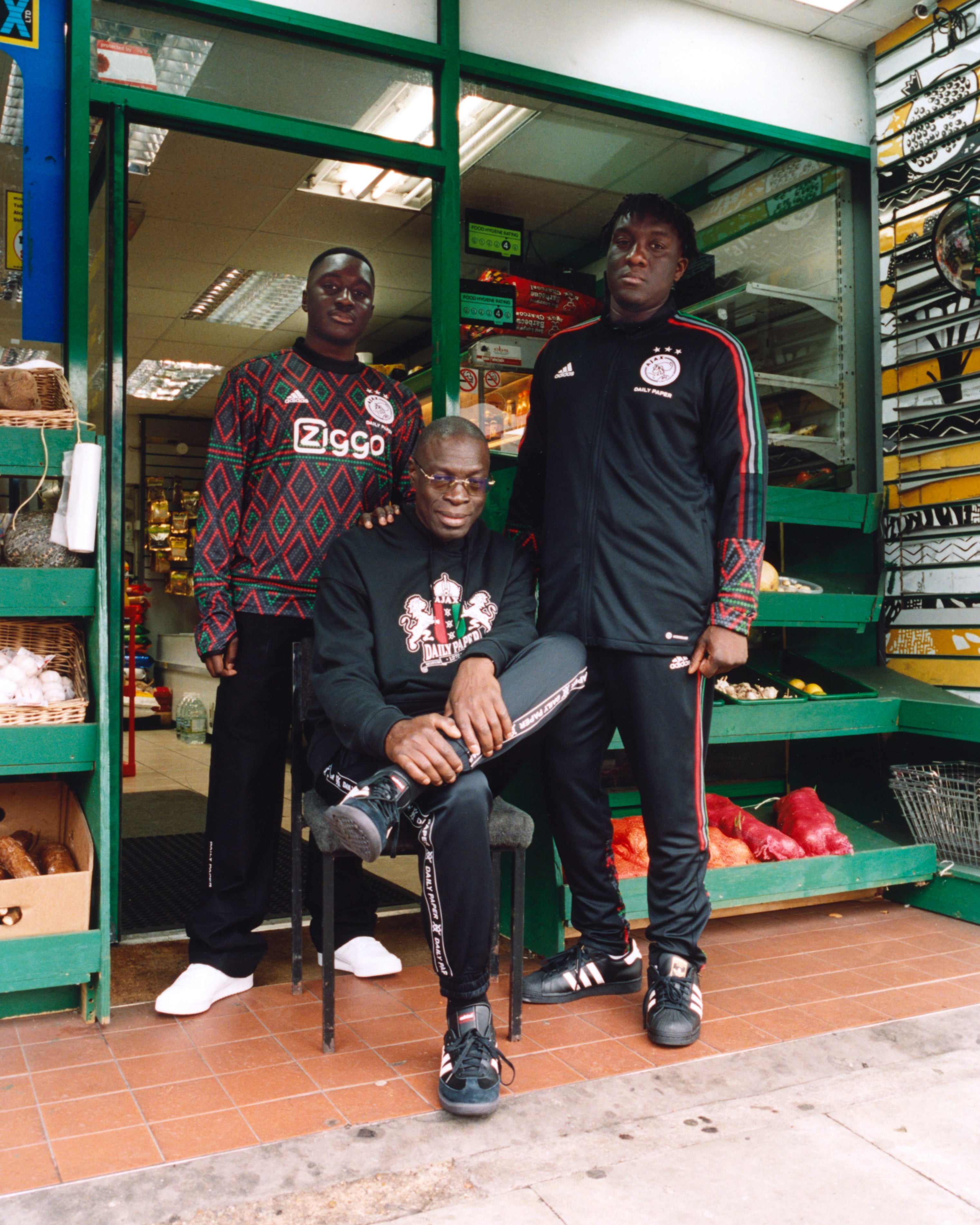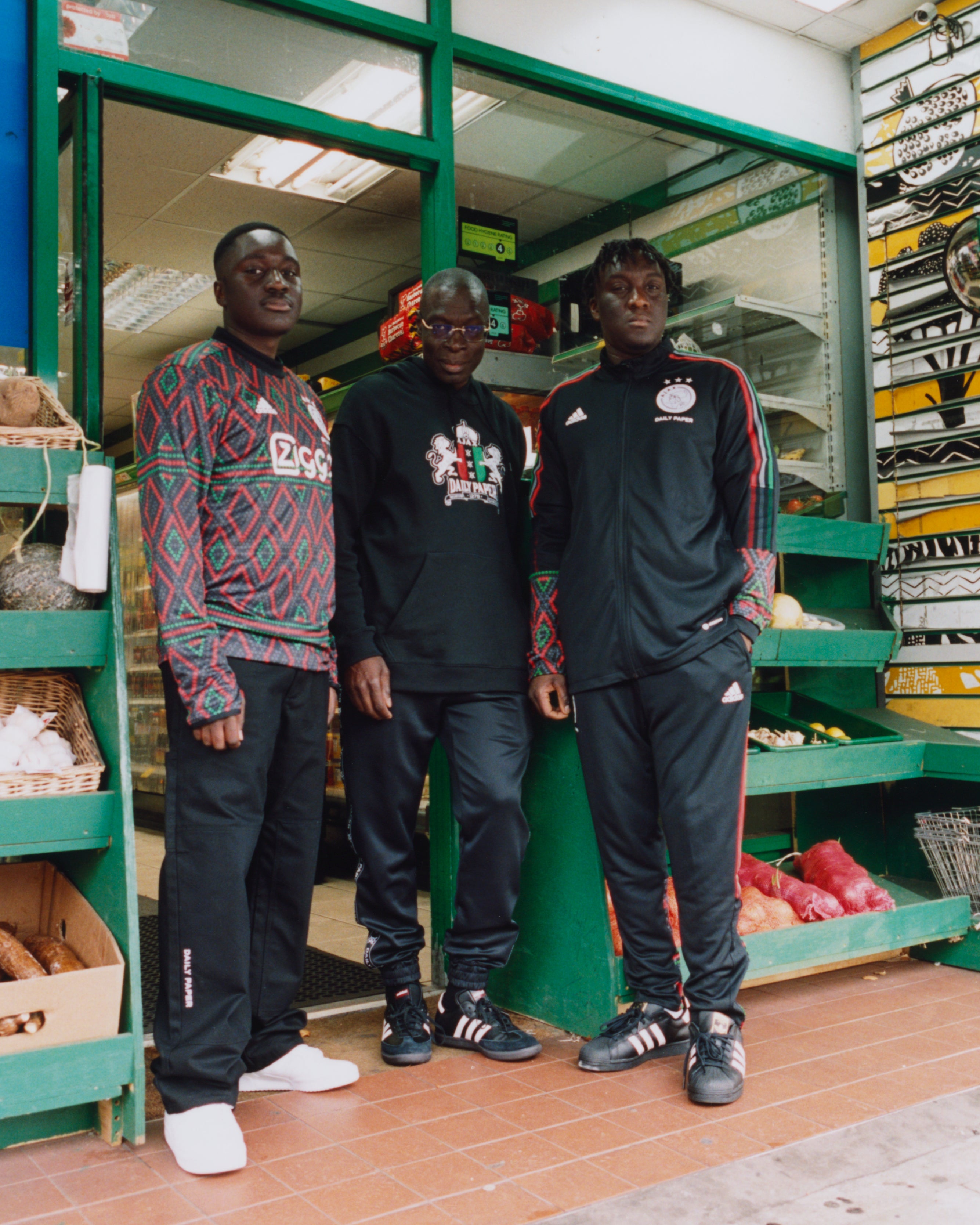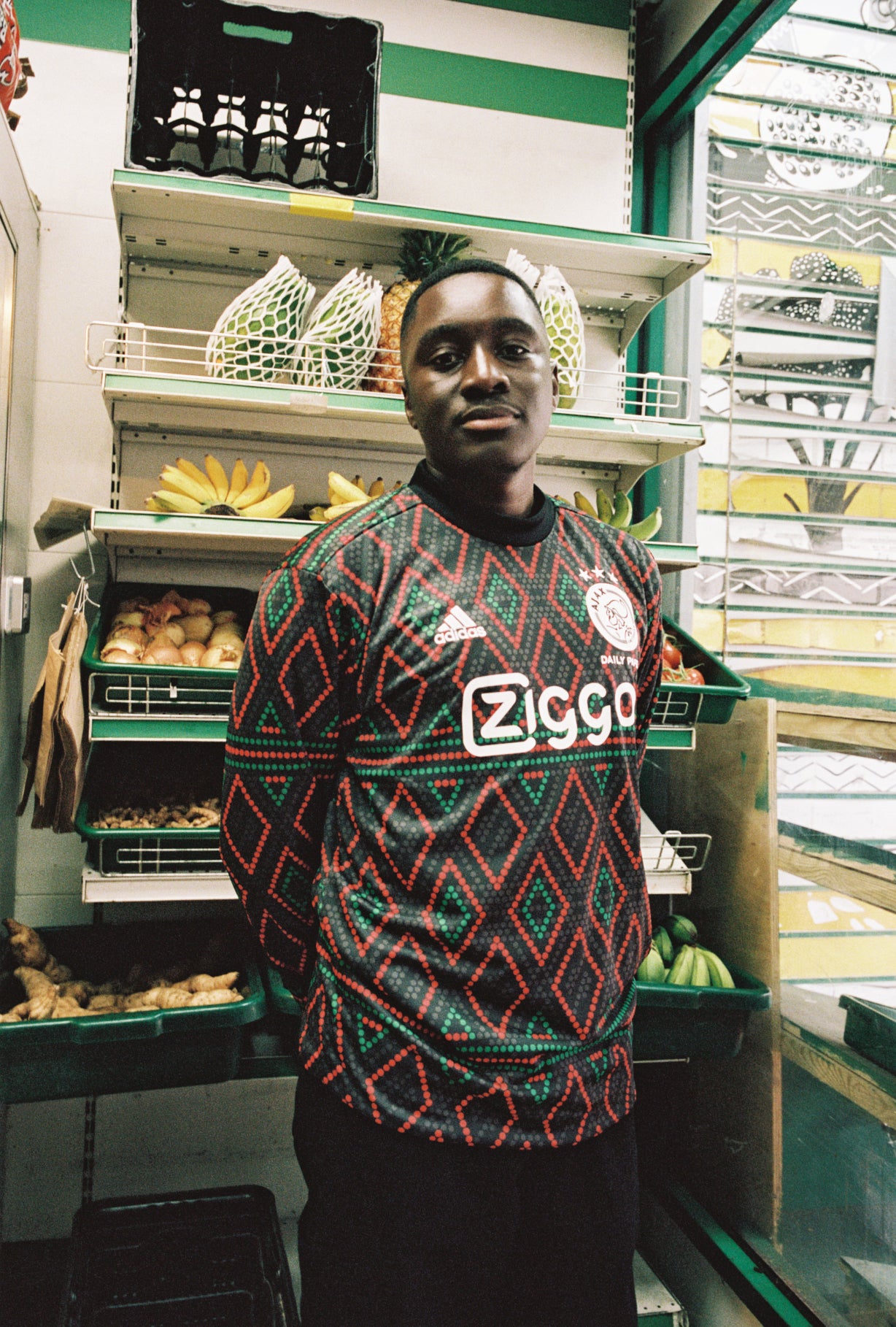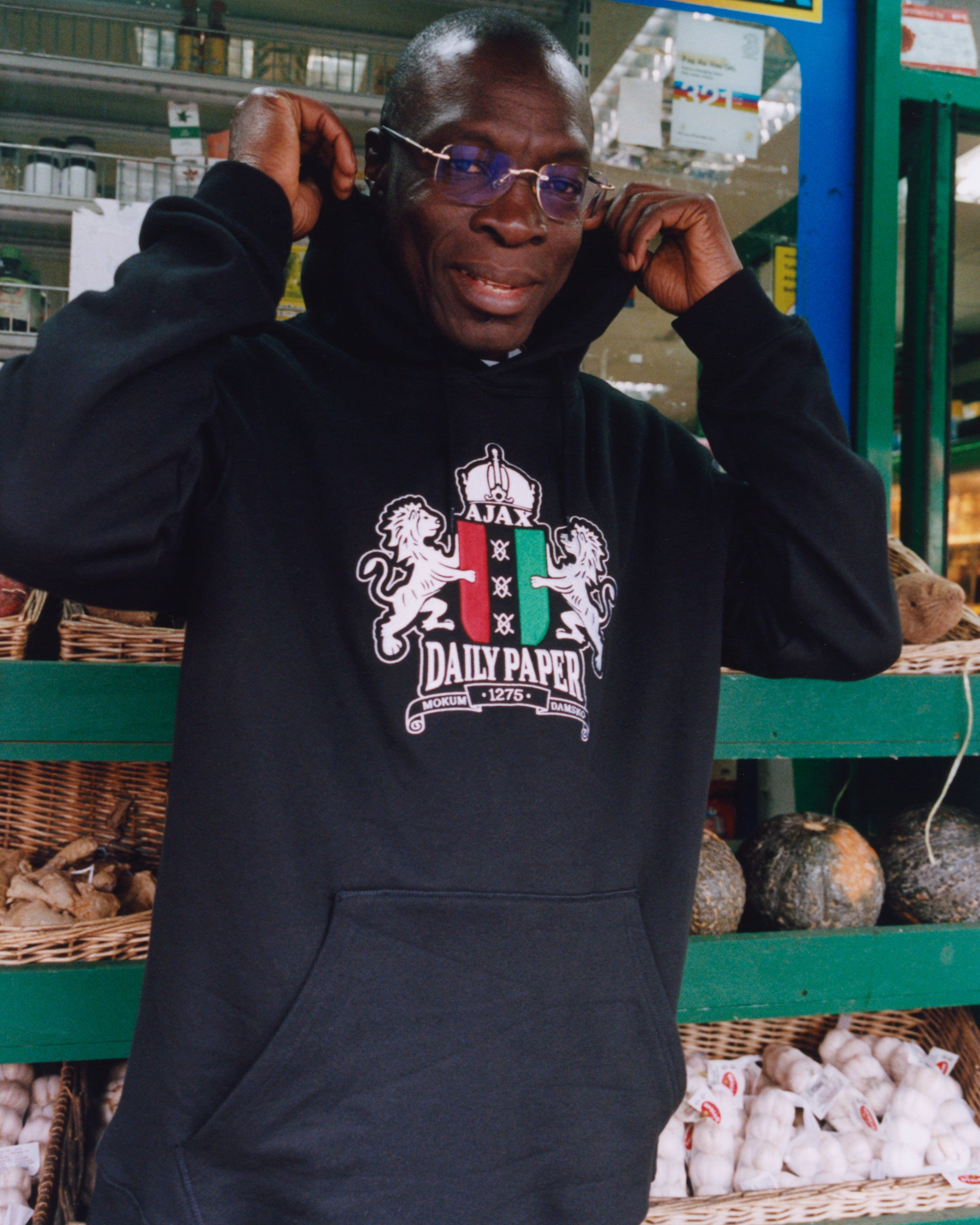Oct 27, 2022
We’re currently outside a local business in South London which has been serving its community groceries from Africa & the Caribbean for over 20 years. It is very popular amongst the Ugandan and wider East African community across the city but for our readers who may be unfamiliar with you, please tell us more about Owino Supermarket and the journey to creating a successful business.
We are a family-owned Ugandan business for almost 20 years we have become experts in African produce. Throughout our tenure in this business, we have learnt a tremendous amount about how organic, natural produce greatly helps improve the quality and length of our customers. Founded in 1998 in the heart of London we have become entrenched in its heartbeat, while still being able to keep ourselves true to our roots.
We believe that the true core of Ugandan culture is in our love, we never underestimate the power of a smile and we go to great lengths to make sure our customers leave with one
Local businesses such as Owino are the city’s unsung heroes. You have the power to host safe, healthy, and welcoming spaces for your fellow community members to embrace diversity and unity. For a lot of our emigrated population, spaces like yours also provide a home away from home. A marketplace but also a communal table. How important is it for Owino to create a sense of belonging next to the business side of things?
This is very important to us as for any diaspora who is not in its country of origin; they would want to feel that they are at home or at least in a place that they can call home. Us being children of immigrants; our parents taught us the importance of appreciating and integrating with the country that we settle, yet also at the same time, to carry with us the culture of our people.
Throughout the years, we have a made an effort to assimilated ourselves within the community. Even though we are established primarily as providers of Ugandan produce; people from all walks of life still come into our store. Whether it is to shop or to have a chat, we believe that each individual is important regardless or their origin, race, gender, sexual preference etc. Our doors are always open (during working hours ofcourse lol) and we would not want anyone to feel unwelcome. For us, the shop building is more than a business; it’s a social hub, a party scene (when the radio is on), a conference and debate hall, a safe space. It is whatever it can be for anybody at any moment.
From home cooking to dining out, London is often considered a hub of culinary innovation and that is largely owed to immigration and multiculturalism. What has been the biggest challenge since opening Owino Supermarket?
Our challenge has been introducing our cuisine to the masses. Though produce from Uganda is readily available and purchased, our dishes are not exposed to the world as we hope so and are overshadowed but popular (yet tasty) dishes such as jollof rice from west Africa and njera from Ethiopia. There are a few Uganda restaurants around but nowhere near as many as those formerly mentioned.
Therefore, it is hard to share our food in the world when people would prefer to try what they are used to. This means that certain products are bought by those who know them, which is a shame as we would desire for the rest of the world to experience Ugandan cuisine.
Another problem is pricing. Our food is organically sourced and bought at fair trade prices, yet it is hard to compete with large chain supermarkets, who offer lower quality produce which they are able to purchase at a relatively cheaper (yet in certain circumstances, unfair) prices. This recession doesn’t help either, as it’s harder to convince somebody who has to pay more to survive to do the same with food.
A Black family business in operation for over two decades in London is a magnificent milestone to be recognised and celebrated. How did you come up with the name “Owino” for the shop?
Owino is the name of the popular market hub, similar to Billingsgate or Brixton market, in Uganda. You’d go there to get any type of food at a reasonable price, from avocados, bananas to local delicacies such as fried grass hoppers and smoked anchovies. We chose that name as we wanted to carry on that tradition here in the UK.
What is a typical Ugandan dish?
That would be Matooke (green, short plantain) boiled then mashed. It would typically be served with a groundnut sauce and with vegetables on the side. People would have this at any part of the day; breakfast, lunch or dinner.
Are there any Ugandan proverbs that your family live by and can share and translate with our readers?
Luganda Proverb: Kamu, kamu, gwe muganda
Translations: One little twig with another, makes a bundle
Meaning: Small savings will eventually grow into something big


















